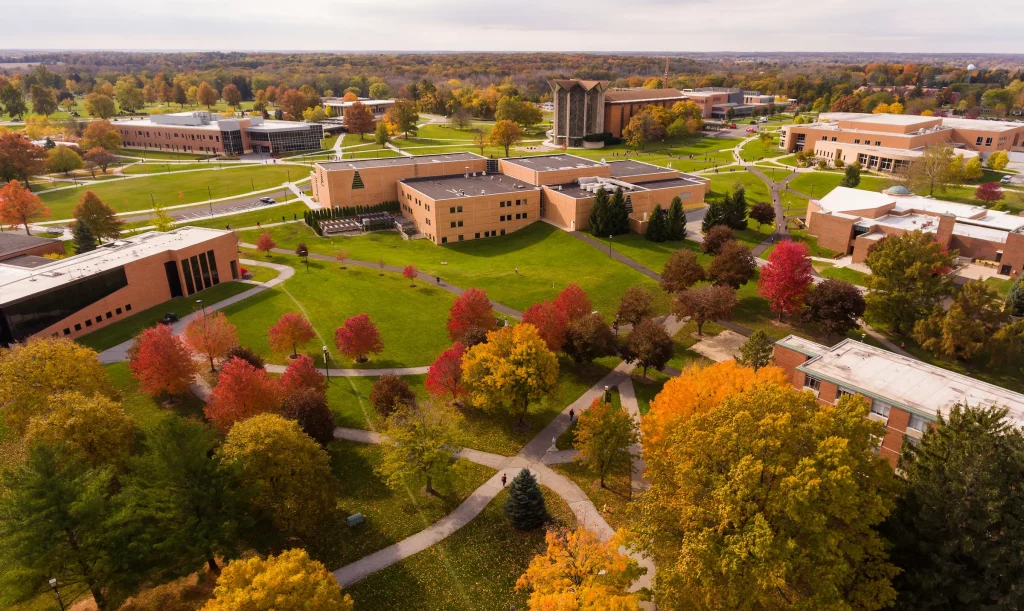Valpo partners with Chicago’s Museum of Science & Industry in Innovative Program that Aims to Improve Science Teaching
VALPARAISO, Ind. – Teachers participating in the Museum of Science and Industry’s science teacher education courses now can receive graduate credit from Valparaiso University in Valparaiso, Ind.
The new partnership provides more options to teachers interested in furthering their own education. Teachers can apply graduate credit toward a Master of Education in Instructional Leadership at Valparaiso University. In order to earn graduate academic credit at Valparaiso University, teachers pay a special discounted tuition for fall, winter and summer courses that range from three to five credits.
MSI science teacher education courses aim to improve the science achievement of students by better preparing their teachers. Participating teachers typically have little background in science and teach in high-needs schools in the Chicago area, including northwest Indiana. Each year, these teachers impact the science potential and opportunity of more than 5,000 students.
“Without an understanding of science and effective teaching strategies, many teachers struggle to inspire the next generation of scientists and engineers,” said David Mosena, MSI president and chief executive officer. “Every child should have the opportunity to achieve their full potential in science, technology medicine and engineering from well-qualified science teachers, and this partnership supports teachers whose students are most in need of improved science instruction.”
“There is a critical need for highly qualified science teachers in this 21st century,” said Dr. Delphina Hopkins-Gillispie, Valparaiso University associate professor and director of the Mathematics and Science Education Enrollment and Development program. “This partnership will provide students with science teachers who will make a significant difference in their lives. These teachers will be able to prepare future leaders in science and STEM.”
Five years of evaluation by MSI confirms that teachers’ participation in Museum courses directly improved their classroom teaching and increased their understanding of science and their familiarity with and enthusiasm for using of hands-on, inquiry-based practices. MSI research also found that as teacher competency grew, students’ positive attitudes about and understanding of science also progressed.
“We are thrilled with the impact that we have made on these teachers, and in turn, on the students in their classrooms,” Mosena said. “Through our new partnership with Valparaiso University, we hope to have a bigger impact on schools in northwest Indiana and support more local teachers as they strive to improve their efforts to inspire children.”
About the MSI Courses:
Teachers in MSI courses learn topic-focused science activities at six daylong sessions held throughout the academic year. This year, the Museum is offering two courses: Get Re-Energized (physical science) and Great Lakes Rocks (Earth systems science). Teachers receive lesson plans, materials to replicate activities in their classrooms, and a class field trip that includes funding for buses and an educational Learning Lab program for students.
In addition to Valparaiso University, teachers can also choose to receive graduate credit from the Illinois Institute of Technology in Chicago.
